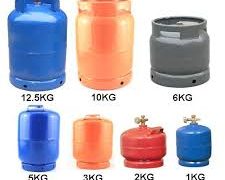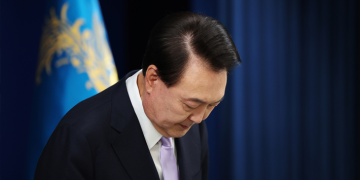The Nigerian Upstream Petroleum Regulatory Commission states that its gas-centric transition strategy aims to eliminate routine flaring by 2030 and reduce methane emissions by 60 per cent by 2031.
NUPRC chief executive Gbenga Komolafe said this on Wednesday at the ongoing 24th Nigeria Oil and Gas Energy Week conference 2025.
In his keynote address at a session of the conference, Mr Komolafe said the strategy would monetise vast gas reserves, creating thousands of green jobs in the process.
He revealed that the strategy was supported by initiatives such as the Decade of Gas, the Nigeria Gas Flare Commercialisation Programme and the Presidential Compressed Natural Gas Initiative.
“Nigeria is building Liquefied Natural Gas capacity, deploying floating infrastructure, and leading cross-border pipeline development to fuel not only its own economy, but Africa’s industrial renaissance.
“Further anchoring this ambition is Nigeria’s Upstream Decarbonisation Framework, which integrates emissions tracking, MRV systems, carbon capture, and climate finance access through carbon markets. These aren’t just policies; they are opportunities for investment, innovation, and inclusive growth,” he said.
He recalled that in March 2025, it inaugurated the Decarbonisation and Energy Sustainability Forum and formally declared March 18 as Nigeria’s Upstream Decarbonisation Day.
He said the annual event would serve as a rallying point for stakeholders to track progress, share knowledge, and accelerate climate-aligned development.
“Interestingly, we are enabling emissions reductions to become revenue streams through a new ecosystem of carbon services, including monitoring, consulting, tech deployment, while maintaining high environmental and asset integrity,” Mr Komolafe added.
NAN









































